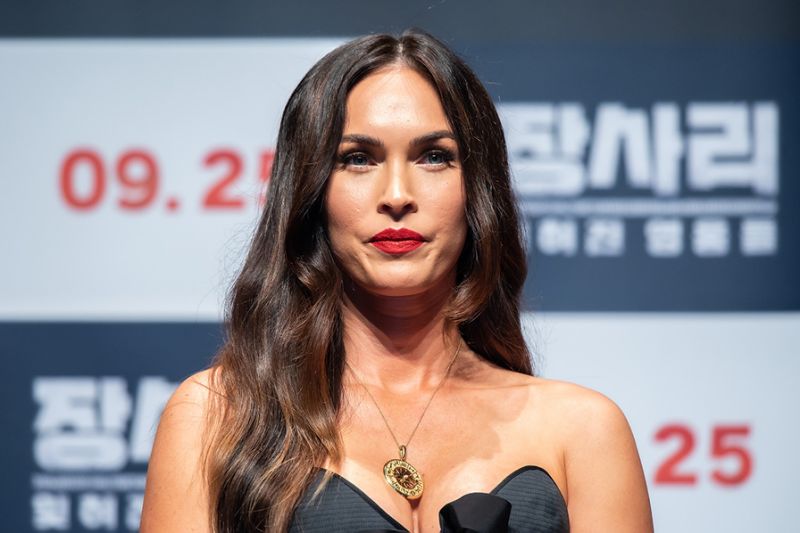On January 19, 2023, President Nguyen Xuan Phuc of Vietnam resigned following accusations by the ruling Communist Party that officers under his leadership had engaged in violations and misconduct. The government of Vietnam announced this development on Tuesday, marking a significant intensification of the nation’s anti-corruption drive.
He is the primary focus of the party’s extensive anti-corruption campaign, being the most senior official targeted. Phuc, the former prime minister who is widely acknowledged for revitalizing pro-business reforms, had held the largely ceremonial position of president since 2021. Vietnam’s leadership structure consists of four key roles: the prime minister, the party’s secretary, the president, and the speaker of the house.

According to a statement issued by the government, Nguyen Xuan Phuc has been held accountable for the violations committed by multiple officers, including two deputy prime ministers and three ministers. Acknowledging his responsibilities to both the party and the people, he has submitted a request to step down from his assigned positions, resign from his job, and retire.
Vietnam has been engulfed in speculation about the potential removal of its leader since the dismissal of two deputy prime ministers who were part of his administration in January. This situation arises as the ruling party intensifies its anti-corruption campaign, led by the influential and long-serving figure, Nguyen Phu Trong.
In the preceding year, the party reported that 539 members, including ministers, top officials, and diplomats, were prosecuted for corruption and planned misconduct. Meanwhile, law enforcement officials conducted investigations into 453 corruption cases, marking a 50% increase compared to 2021. Trong recently stated that the party is exhibiting greater determination, effectiveness, and methodical approaches in its endeavors, vowing to produce tangible results.
Phuc, renowned in Vietnam for his amiable demeanor and unwavering support for the national soccer team, was previously earmarked as a potential General Secretary of the party, the most esteemed position within the state.
During his tenure as prime minister from 2016 to 2021, he successfully steered Asia’s growing manufacturing powerhouse, achieving an impressive average annual economic growth rate of 6%. Additionally, he played a key role in promoting liberalization, facilitating trade agreements with both Pacific powers and the European Union. Although his tenure came to an end, the government acknowledged and commended his accomplishments on Tuesday, January 17, 2023.








